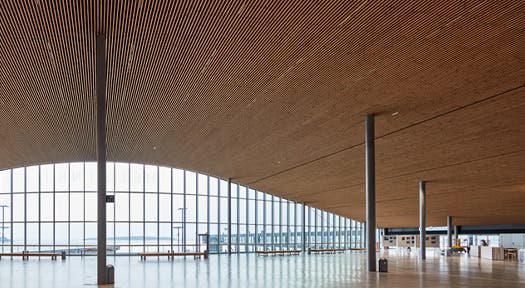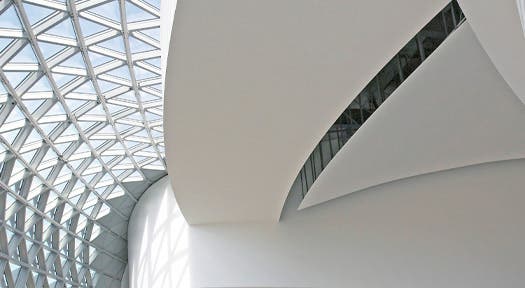COOKIES
We use tools, such as cookies, to enable essential services and functionality and collect data on how visitors interact with our site. By clicking Accept, you agree to our use of these tools for advertising, analytics and support. Click Cookies Disclaimer to learn more including how to disable Cookies. Cookies Disclaimer



